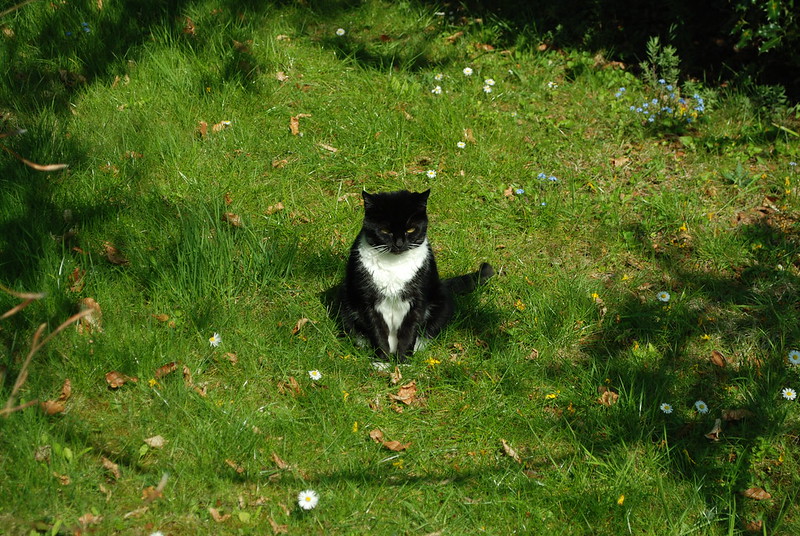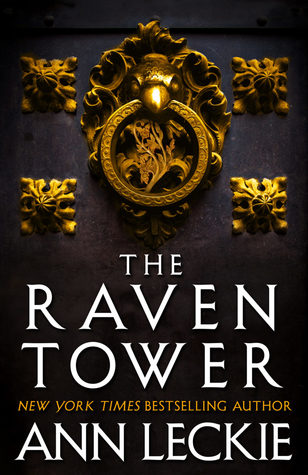TL;DR:
4:01:49. Meh.
After the
disaster of 2018, 2019 was looking promising. I'd run 29, 30 and 31 k since Christmas in acceptable times; done three halves on top of that (two in 1:41, and the Cambridge half in 1:40) which were all back to respectable times and a reasonable level of training and no injury. So it was with high hopes that I turned off my monitors, walked to Cambridge North, got the train to Cambridge, got the train to Ipswich, got the train to Manningtree, and sat in the little buffet bar drinking a half waiting for the train to Harwich. Secretly, I had begun to dream of a PB, or of beating James Edgoose's 3:37, or even of my long-term goal of sub-3:30, which requires a 5:00 split. Also, I wanted if possible to stay within an hour of James, who was threatening 2:45 (and who
ended up with 2:47). And so I caught the train to H, got on the ferry, sat in the lounge with a plate of cheeses and a glass of white, and contemplated the weekend ahead.
Saturday morning was grey. The work to turn the old but perfectly serviceable train line into a shiny modern metro was, strangely enough, way behind schedule; the Dutch are generally sensible people but their public works are like ours in this regard. So I got the fast-but-crowded bus to Schiedam Centraal; in retrospect, the slow-but-not-crowded bus would have been fine; I wasn't in a hurry. From S'dam it is a short train to R'dam but I wasn't in a hurry so walked the 5 k; interesting, but not outstandingly so. After a coffee in the Douwe Egberts Netherlands National Coffeehouse just by the railway station, and picking up my numbers from the expo I went to find the
Hotel Bienvenue, on just the other side of the tracks, in a quiet and pleasant district. I was somewhat unfashionably early at 12, but my room was ready so I lay down and snoozed for a couple of hours. Sounds of the maid cleaning the next-door was quite clear, so I worried about the night, but all was quiet. For the afternoon I wandered around R'dam, ostensibly with the aim of finding a bookshop. And I did find
Donner (boekhandel) which appears to be correct but only bought a little notebook. Then, via a supermarket for bread and humous and so on, some of which I ate out for a rather late lunch, back to the hotel for more lying on the bed and playing with the TV, which offered me YouTube and NetFlix. I watched LoTR part 1, knowing I was going to substantially dislike the liberties it takes - I did - at least in part because every departure from the story was obviously worse than the story. But for scenery and spectacle and the tattered fragments of the story it left, it was enjoyable. And so to sleep, having eaten a dinner of bread, humous, grapes and Parmesan before the god of the TV.
Sunday breakfast officially starts at 8:30; I'd asked for 8, which Madame was a touch doubtful about, but it happened, and there were several other runners there. Not the full 4-5 star hotel buffet, but I tried that last year and it didn't end well, so coffee, juice, toast and yoghurt was probably about right. And so, away, at about 9, getting me to the start through increasingly crowded and runner-full streets with barriers, at about 9:20, plenty of time to stand in the queues for the loos; inevitably the slowest one, which was slightly frustrating, but what else was I going to do? The start was moved down, to the quay of the maritime museum. I had seven gels, and had decided to carry phone and passport and credit card and some money, just in case. Stuffing all this in my back pocket left it heavy and so I tightened my drawcord but... so I transferred some gels to my socks. Really, I should have left the phone behind. Anyway, during the race my back chaffed a bit due to the tightness, so don't do that again; but it wasn't any great thing.
Somehow I managed to miss the right place for wave 3, and wandered around the barriers a bit, and ended up finding the funnel point rather late, indeed as the wave 4 people were starting to think about moving up; but this was fine, as I started off about 200 m back from the trailing edge of wave 3, so got an unobstructed start up to the top of the Erasmusbrucke. What I chose to do with this, perhaps foolishly, was to run the first k in 4:33. Oh, excellent, I thought to myself; but I did slow down to 4:44 for the next... which fit well with my dreamings... then 5:06 for the next, which didn't. I settled down; 10k came unforced at a little more than 50 mins, which was fine. Looking at the splits in retrospect they are quite close to a linear upwards trend over the whole race, with a few excursions and ignoring the first k; but at the time it felt a bit more stable. Anyway, the half came in a little more than 1:50 which was also fine and I began to feel "safe", oh you poor fool.
At 26 k the 3:50 pacemakers thundered past, which I found puzzling, as I hadn't seen them and they must have started before me in wave 3... perhaps they were in the other lane (the race separates in the two sides each two road lanes, so it's easy to miss people on the other side). At that point I think I was on pace for 3:50, or not far off, so was a bit puzzled why they were coming past, but not too worried. Around about the recrossing of Erasmusbrucke I managed a 5:15 - having been around 5:40 - which seemed like a good omen; alas it was a one-off. Going past 30 k, and then 32 k, I began to lower my sights to sub-4; but then the last 10 k around the
Kralinge Plas proved hard. And so while I passed 42.2 by my watch only just past 4 hours - and could have pushed under if I'd really wanted - the extra 300 m the race put on took me clearly over 4 hours.
And so, it was done. I walked on a bit, then lay down for a rest, attracting the usual well-intentioned "are you OK" form a variety of people; got up, continued on to the banana+water+medal phase, sat down there for a bit to eat a banana so I could sneakily take a second, took some AA energy drink at least in part because I wanted a water bottle having forgotten to bring one, and slowly walked back to my hotel, where I picked up my left bag, and then to the station and to S'dam. From there, I contemplated walking all the way to Hoek; but it is 20-ish km. So instead I got the bus as far as Massluis West, and walked from there, which was 10 k, and was lovely. But I wouldn't have wanted to walk further. Top tip: don't get to the ferry before 7+, they won't be ready for you. Also Top Tip: do climb the little hill a few km from Hoek, because it's the viewing platform for the enormous river-closing gates. And so onto the ferry, a little food and two glasses of red; and bed.
And the next morning, the train back to work. I can still walk, and even descending stairs isn't too terrible, another sign I think that I wasn't too far out of shape.
Diary: it's in the black one, which also has Rotterdam 2018 in it.









 By Ann "
By Ann "